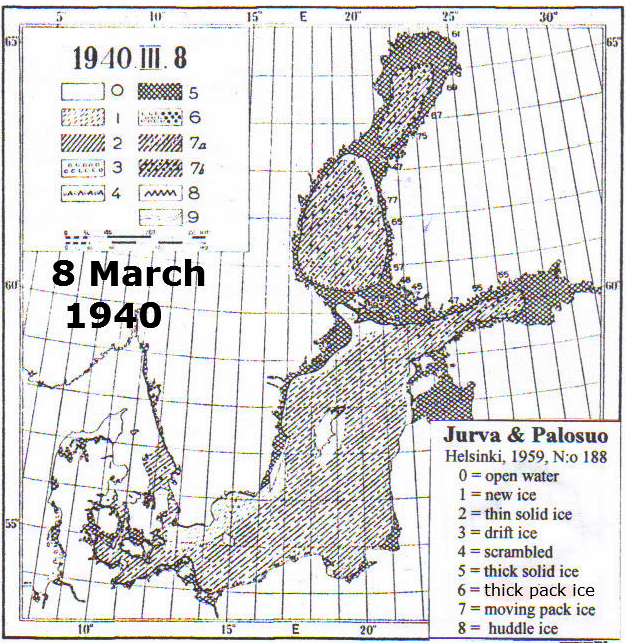Winter is good, it means the water gets frozen, so no inundations

1941 was a VERY cold winter in the Netherlands.
How long did that bit of it last though? Most of winter in Europe is just wet and miserable, not frozen solid.
But I'm thinking, depending on German strength, it might be worthwhile to crash across the Veluwe hills already in september/october. How's the balance of forces along the Grebbelinie?
Close enough to make that a bit of a stretch - right now it's one German against one Dutch army, with the German army being a bit hollowed out but heavily dug in. The British are shifting men across as fast as they can, but it'll be October before they have enough men in place to even think about trying anything.
I'm curious as to how this timeline will continue after the war. Right now blow by blow accounts are fantastic provide incredible detail on the war. Come German surrender though, and covering years of peace time day by day seems like it could drag on.
From the point of view of writing it, it **IS** dragging on already. Postwar the intention is to thin it out to a few updates per year, following particular threads that interest me for one reason or another because they illustrate things about the changed world - the development of Alaska, for instance, or British Rail.
Completely unrelated, what would have been the major changes to the timeline if Anglo-French cooperation lead to a political union?
To date, not much - the composition of the fleet in Singapore probably, and maybe shifting them further forward to Indochina (? - bad military move but would be driven politically).
FWIW, I've faced a similar problem, and my guess has been that the best approach would be to drop back to month-by-month granularity OR to only highlight unusual days - if not both.
That's pretty much the plan. 1968, for instance, has 7 lines in 2 paragraphs at the moment - mostly about the Channel Tunnel, actually.
Charles was mostly in the UK during the war. I wonder whether freeing Leopold would *hurt* Belgium at this time.
Realistically the Belgians aren't going to make much of a difference in the grand scheme of things, and it'll all come out in the wash after the war.
The Supply chain through Rotterdam is new, is it as fragile as the land supply chains through Belgium?
No way, about a thousand times more robust actually. It is a fraction of the length, there have been no demolitions on the route, the port is essentially undamaged and the rail network runs most of the way to the frontline.
Lot more than a General Uprising done by the Home Army, and coordination even for a General Uprising could get complicated. The other thing that makes the Polish groups even more interesting is that they had groups on in both Nazi and Soviet controlled Poland. A general uprising just on the German side would be useful, one on both sides could be *very* dangerous.
Quite. There are other ways they could be dangerous too - from the point of view of the Entente at least. From the point of view of the Polish government in Exile, that danger is a good thing...
